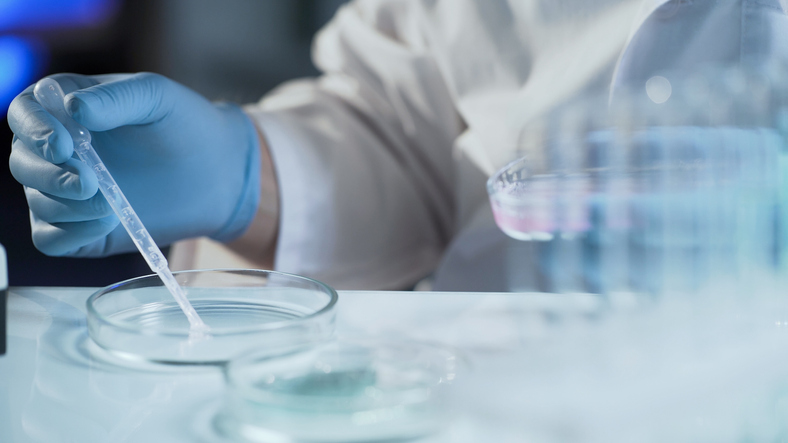
Zinc-filled oysters are often linked to improved libido and sexual activity, and now scientists at Flinders University are calling for more serious investigations into how marine organism compounds can help human fertility.
The Flinders University team is concerned that current research is scattered on the potential benefits to human reproductive health of oyster serum and extracts from seahorse-derived hydrolysates, saponins, steroids, oligopeptides and essential trace elements from other animals including sea cucumber and spoon worms.
In a new article published in Frontiers in Marine Science, researchers from Flinders University’s Centre for Marine Bioproducts Development expanded their commentary of the potential of bioactive compounds from marine organisms in addressing human reproductive concerns.
Reproductive and sexual health problems trouble a large proportion of the world population, says first author Dr Thanh Hoang Hai.
“There is increasing attention toward human reproductive health issues including infertility and sexual dysfunction. This paper reviews literatures that indicate the important supporting functions of bioactive compounds from marine organisms in addressing human reproductive concerns,” she says.
Compared to the discovery of bioactive marine compounds for helping people with high-value functional foods, few marine organisms have been studied or put to the test in clinical trials for their potential as treatments for human reproductive health, researchers say.

“While a few species and potent bioactive extracts or compounds have been identified in in-vivo animal studies, there are limited human clinical trials on their efficacy and safety,” says senior author Professor Wei Zhang, also research director of the Marine Bioproducts CRC.
“Therefore, most of the potential bioactive compounds remain unknown and current processes for the preparation of bioactive extracts and purified compounds are limited at lab scale or unsustainable from some species,” he says.
Aquaculture expert Professor Jian Qin says the Flinders University research group recommends a focus on filling these research gaps and on finding breeding and culturing technology to establish cost-effective, scalable and sustainable bioactive compound production for marine bioactives shown to improve infertility, hormonal imbalance, sexual dysfunction or impotence.
The review article, Bioactives From Marine Animals: Potential Benefits for Human Reproductive Health (2022), by R Thanh H Hoang, Qi Liang, Xuan Luo, Youhong Tang, Jian G Qin and Wei Zhang has been published in Frontiers in Marine Science (Marine Biotechnology and Bioproducts) DOI: 10.3389/fmars.2022.872775.

